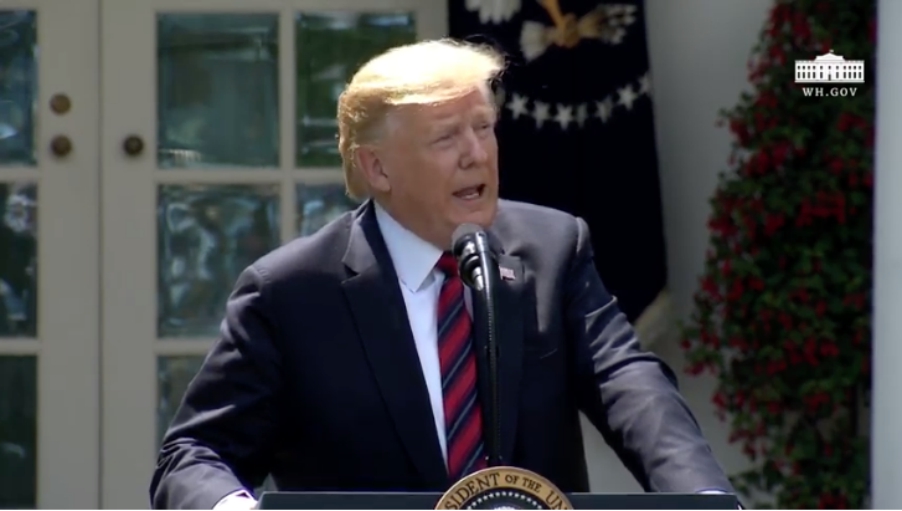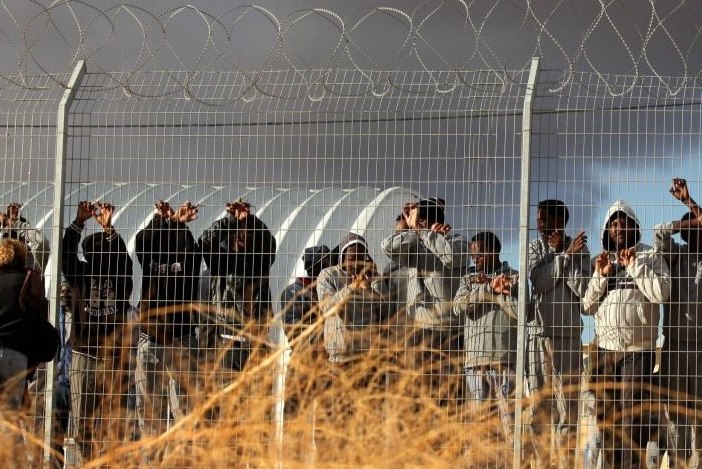Are you ready for the next big pandemic? International watchdog organization warns it could claim 80 million lives
10/06/2019 / By Tracey Watson

Just over 100 years ago, in 1918, 500 million people across the globe contracted the Spanish flu in the deadliest pandemic in recorded history. Between 20 and 50 million of those infected died, including around 675,000 Americans. After first appearing in the United States, Europe and Asia, the disease spread like wildfire, eventually leaving a trail of destruction around the world.
More recently, since 1976, there have been numerous outbreaks of the deadly Ebola virus in several African countries, with individual cases reported in a number of other locations, including the United States.
It is tempting to believe that these types of deadly global pandemics only happened long ago, and that in modern times disease outbreaks only really affect third world countries far away. The reality is a lot more frightening, however. A recent report by the Global Preparedness Monitoring Board (GPMB), a watchdog organization established by The World Bank and the World Health Organization (WHO), warns that the next huge global pandemic could strike at any time, and that the world is totally unprepared to deal with it. (Related: Flu virus recreated in a lab could unleash new deadly pandemic rivaling 1918 Spanish flu.)
The next pandemic could claim 80 million lives
As reported by Global News, this was the first report released by the GPMB, which was created after the 2014/15 Ebola outbreak in West Africa. The GPMB was launched in 2018, and consists of a number of respected health officials from around the globe.
The board’s mandate is to monitor just how ready the world is to face an international pandemic, and having examined the evidence, it has concluded that the planet’s governments are totally ill-prepared to deal with a crisis that could strike at any time. (Related: Ebola scare — Government shuts down U.S. bio warfare lab, warns killer bugs could escape through wastewater.)

|
Discover how to prevent and reverse heart disease (and other cardio related events) with this free ebook: Written by popular Natural News writer Vicki Batt, this book includes everything you need to know about preventing heart disease, reversing hypertension, and nurturing your cardiac health without medication. Learn More. |
“The question is not if we will have another pandemic, but when,” warns director-general, Dr. Tedros Adhanom Ghebreyesus.
Furthermore, Dr. Victor Dzau, a member of the GPMB and director of the National Academy of Medicine in the United States, warns that we should expect not just one pandemic, but “many more” such disasters.
The report stresses that modern conveniences like air travel mean that a disease as deadly as the Spanish flu could spread across the globe far more quickly now than it did 100 years ago. In fact, a disease of that type could circle the globe in less than 36 hours, killing as many as 80 million people.
The report warns:
In addition to tragic levels of mortality, such a pandemic could cause panic, destabilize national security and seriously impact the global economy and trade.
Another report, this one issued by the World Health Organization, calculated the cost of a Spanish flu-type pandemic at around $500 billion.
The GPMB report found that many countries lack the ability to even detect an outbreak of a deadly disease, let alone the drugs and financial resources needed to fight it.
Countries across the globe are urged to build up their emergency response capabilities, and it has been suggested that the World Bank ensure that some of the money it invests in poorer countries be set aside for when the next pandemic strikes.
The report notes that while getting some countries to buy into the need for this type of planning might be tough, an investment of as little as $1 to $2 per person, per year, would be enough to get our planet to an “acceptable” level of preparedness.
The authors conclude:
The central finding of the report is that the world needs to proactively establish the systems needed to detect and control potential disease outbreaks. These acts of preparedness are a global public good that must meaningfully engage communities, from the local to the international, in preparedness, detection, response and recovery.
We can only hope that the world’s governments sit up and take note of this alarming report, and then start taking the necessary steps to get their countries ready for the next big outbreak.
Stay updated at Outbreak.news.
Sources include:
Apps.WHO.int[PDF]
Tagged Under: Collapse, contagion, disease outbreaks, Ebola, Global Preparedness Monitoring Board, GPMB, outbreak, pandemic, Pandemics, preparedness, Public Health, sickness, Spanish flu, survival, viral, WHO
RECENT NEWS & ARTICLES
COPYRIGHT © 2017 COLLAPSE.NEWS
All content posted on this site is protected under Free Speech. Collapse.news is not responsible for content written by contributing authors. The information on this site is provided for educational and entertainment purposes only. It is not intended as a substitute for professional advice of any kind. Collapse.news assumes no responsibility for the use or misuse of this material. All trademarks, registered trademarks and service marks mentioned on this site are the property of their respective owners.


















